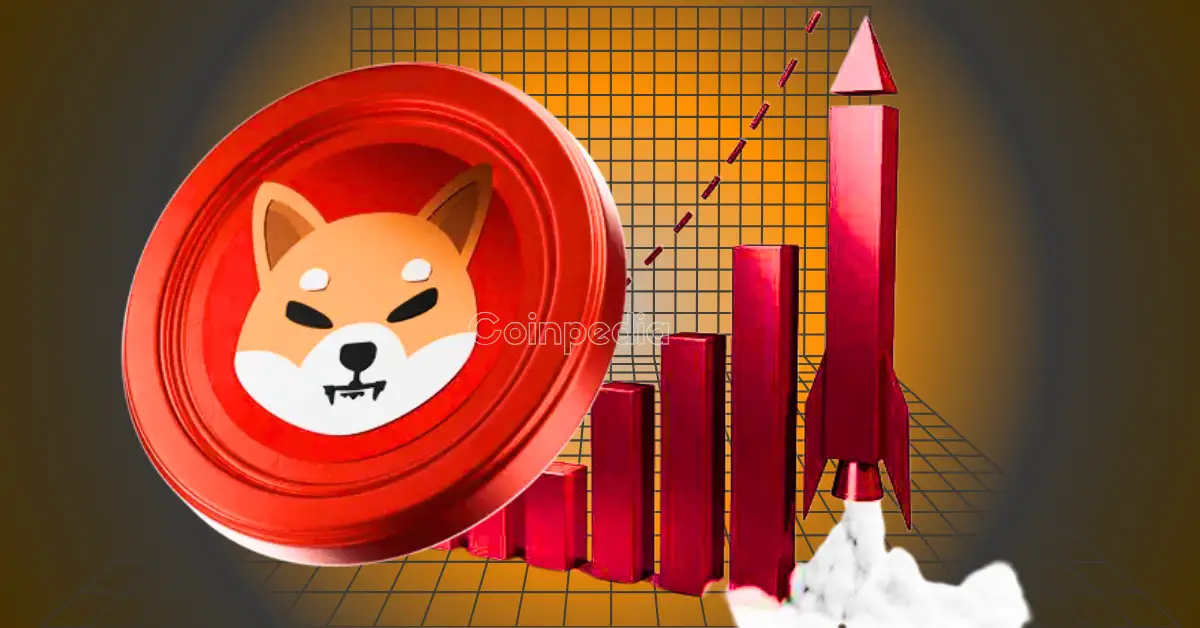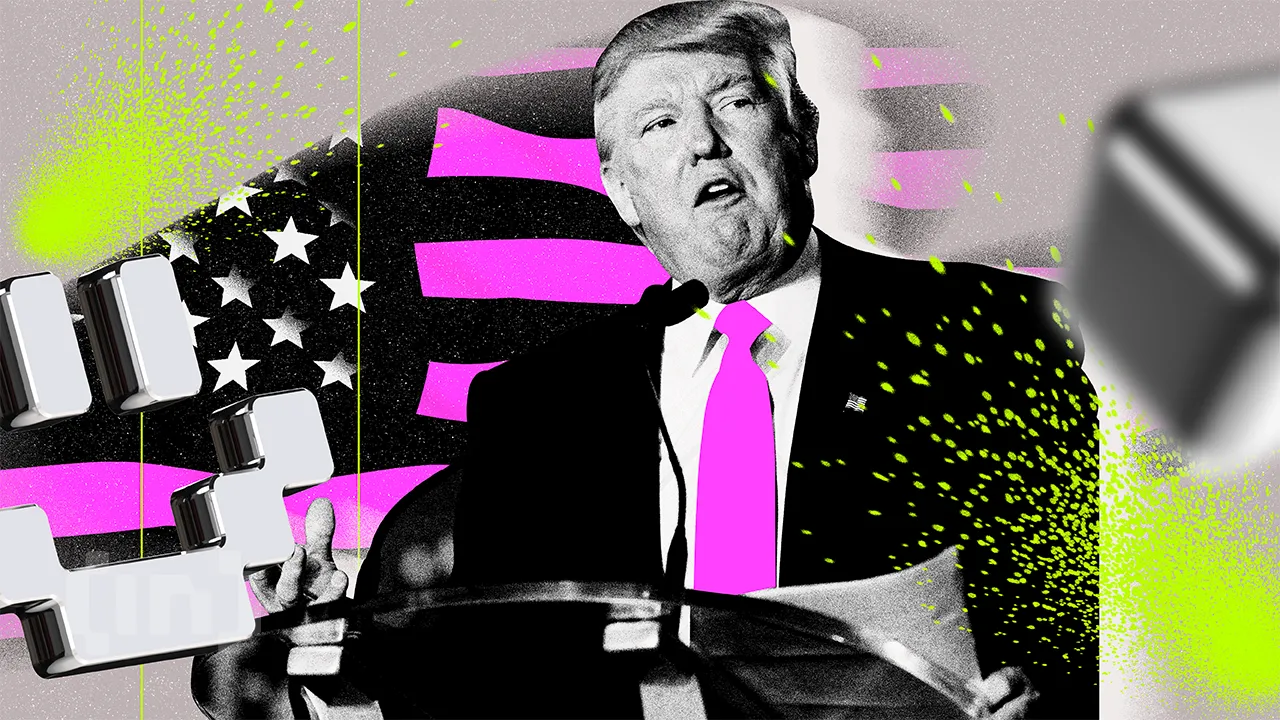Ethereum Researcher Sparks Debate on Crypto Vision
Ethereum Researcher Dankrad Feist vs. Solana Developer Mert Mumtaz
Ethereum researcher Dankrad Feist recently ignited a heated debate within the crypto community when he claimed that Ethereum “actually realizes the crypto vision.” This statement led to a response from Mert Mumtaz, the CEO of Solana developer platform Helius Labs, who argued that the market’s understanding of “necessary problems” is more comprehensive than what a single entity can perceive.
Decentralization and Censorship Resistance in Crypto Market
Mert mentioned that market participants who value decentralization and censorship resistance would naturally gravitate towards Ethereum if they believe it achieves this vision the best. However, Feist expressed skepticism regarding how much value the market actually places on decentralization.
This debate reflects ongoing discussions within the crypto space about the values and priorities of market participants and the role of decentralized networks in the future of finance.
Ethereum Foundation Controversy
The conversation between Feist and Mumtaz follows the controversy surrounding Ethereum Foundation’s Justin Drake taking on a paid adviser role at EigenFoundation. This move raised concerns about potential conflicts of interest and the impact on Ethereum’s development and governance.
Similarly, EigenLayer, an Ethereum restaking protocol associated with EigenFoundation, has sparked debates about its airdrop strategy and token conditions.
Bitcoin Price Predictions and Market Dynamics
Bitcoin’s price has been a focal point in the crypto market, with analysts predicting a potential rally to new all-time highs if it surpasses the crucial $67,500 level. The cryptocurrency has shown resilience and recovery in recent weeks, with positive institutional inflows contributing to its upward momentum.
Market dynamics and investor sentiments play a significant role in shaping the price movements of cryptocurrencies like Bitcoin, highlighting the interplay between market participants, institutional investors, and retail traders.
Technology and Agriculture: The Role of Blockchain and AI
Technology is reshaping various industries, including agriculture, with blockchain-powered solutions offering new opportunities for farmers worldwide. Companies like Dimitra are leveraging blockchain, artificial intelligence, and IoT to revolutionize the agriculture sector and empower smallholder farmers.
Through technological innovations, farmers can access real-time data on weather, soil conditions, and crop health, leading to informed decision-making and sustainable farming practices. Blockchain provides transparency and traceability in the supply chain, enhancing trust and authenticity in agricultural transactions.
Role of Advanced Technology in Agriculture
Dimitra’s utilization of satellite tracking, AI analytics, and blockchain technology helps farmers improve crop management, reduce costs, and comply with regulations like the European Union Deforestation Regulation. By integrating crypto assets and blockchain with AI models, farmers can earn tokens for sharing agricultural data, promoting data accuracy and sustainability in farming practices.
Impact on Individuals and the World
Impact on Individuals:
Individuals involved in the crypto market may experience shifts in sentiment and investment strategies based on ongoing debates about decentralization, market dynamics, and the development of blockchain technologies. The discussions between Ethereum researchers and industry stakeholders could influence individual perceptions of value and priorities within the crypto space.
Impact on the World:
On a global scale, developments in blockchain technology and agriculture have the potential to transform farming practices, enhance supply chain transparency, and promote sustainability in the agricultural industry. Companies like Dimitra are paving the way for inclusive and technology-driven solutions that benefit smallholder farmers worldwide.
Conclusion
The ongoing debates in the crypto space and advancements in agricultural technology highlight the transformative potential of blockchain, AI, and decentralized networks. As individuals navigate evolving market dynamics and technological innovations, the impact of these developments on both personal investments and global industries will continue to shape the future of finance and agriculture.





